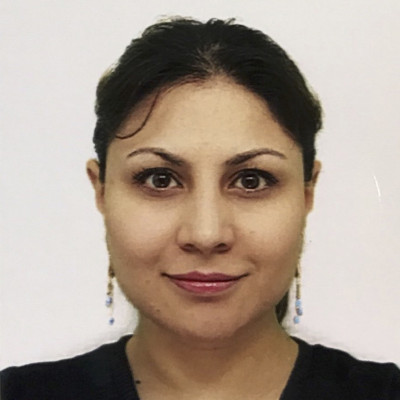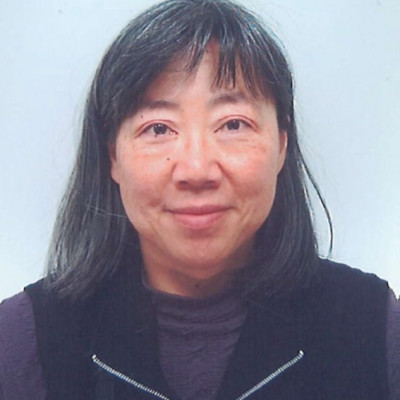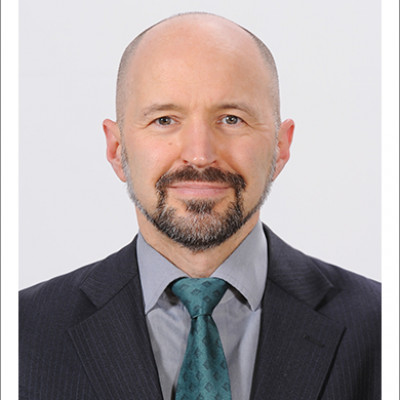Sessions / Room GK

Japanese University Students' Perceptions of English Native-Speakerism #1005
The native/non-native English-speaking teacher (NEST/NNEST) dichotomy in the English language learning/teaching context has been the topic of research interest for a long time. An increasing number of research works (e.g., Mahboob, 2004; Samimy & Brutt-Griffler, 1999) have addressed a need for rethinking native-speakerism. Nevertheless, little has been done from a bottom-up standpoint that deeply investigates the attitudes of students, as one of the main stakeholders. This exploratory study aims to address this gap in the research. Qualitative and quantitative data were collected from Japanese undergraduate university students (N=278) at two private universities in November 2020. The findings show that many participants perceived a significant difference between NESTs and NNESTs, especially in terms of pronunciation and accent, and discuss the reasons for Japanese students’ negative attitudes towards their own English, as well as the influence of American hegemony and standardized tests (particularly TOEIC) on the students’ learning journeys.

Spoken Fluency Practice for Improving TOEFL Writing: A Case Study #1044
In keeping with the conference theme of re-envisioning, rethinking, and re-evaluating our teaching as reflective practitioners, this presentation will give a case study that supports what we have intuitively felt all along as teachers--namely, that conversation practice does have its place in and effect on academic performance and test results. Despite advances in areas of applied science such as brain theory and AI for language teaching and learning, we must return to the realization that our students are human beings who need social and emotional support and affirmation. This presentation will illustrate how a student can thrive personally and academically when English language learning includes not only academic tutoring but also support for building self-confidence and self-esteem, factors which undeniably contribute to successful performance in high stakes testing--in this case, the TOEFL iBT.

Communication with a Mission: Re-envisioning College English for Sustainability #1119
This workshop addresses three problems that teachers face in online teaching: lack of authentic communication opportunities, boring topics for essays, and difficulty embedding a service-learning component. The first part of the workshop describes the syllabus of the course Purposive Communication: Communication with a Mission. The second part is hands-on practice with embedding SDGs, service learning, and an interdisciplinary approach in syllabus design. The last part summarizes lessons learned from re-envisioning college English.

The How and Why of Our Zoom-ified Future #1070
Jumping head-first into the sudden challenge of adopting Zoom for higher-level national university engineering students, I had to figure out how to apply all the lessons of my two-year post-graduate teaching diploma to ESL in this brave yet potentially abrasive new context. It was sink or swim time--but my informal survey results using Google Forms right after the midterm exam were good; and to my surprise, I was voted best teacher for the semester. A colleague mentioned how that could work against me as students often vote teachers best for letting them leave class early, but that was why it was all so surprising to me: I had often run *overtime* trying to fit too much into the only two hours of contact time per week I shared with each class. What on Earth did I do? Please bring your own questions and/or stories of success and failure using Zoom or other similar synchronous online software to share. This workshop-type session will start with sharing in small groups, move to reviewing within the whole group, and end with a wrap-up as I offer a description reviewing a list of what worked consistently with all my classes, including evidence from students such as quoted comments and scores from evaluation feedback. Questions will be welcome at the start and end of the session.